At the age of six or so, I was riding in the car with my mother when I got my first lesson in the difficulty of referring to a human female. I had said something about “a woman,” and my mother intervened. “Lady,” she corrected. I was surprised. I hadn’t intended to use a rude word. Well, Mom, fifty years on, and it’s still no clearer.
As a society, we can’t seem to figure out what to call female people. We swing from girls, gals, and chicks, to women, ladies, and a whole host of nasty terms. None seem quite right. They all seem loaded with innuendo in contrast to the simple word for a male human, “man,” or its friendly cousin, “guy.” Let’s break it down.
“Lady” was historically a polite term for a woman with its male counterpart being “gentleman.” “Lady” is often used to refer to a woman in her presence (“Give your ticket to the nice lady.”) or to address woman directly, although not always politely, such as “Hey, lady, watch where you’re going!” or “Excuse me, lady, not everyone shares your opinion.”
“Lady” can also be used to criticize someone for their behavior. It still amuses me to remember how an umpire reprimanded the pitcher on my softball team for “unladylike” behavior after she threw a bad pitch and uttered the f-word. It’s easy to turn “young lady” into a reproach, e.g., “Listen here, young lady.”
In my observation, “lady” can also have a pejorative tinge, such as “cleaning lady,” where it is used to dress up a demeaning job. We have “lady of the night,” “bag lady,” or “cat lady” (quite different from “Cat Woman!”). And, let’s not forget “my old lady.” “Lady” can also point out the incongruity of a woman holding a certain position, such as “lady doctor” or “lady writer.”
In her blog post, “Call Me Woman,” University of Cambridge professor Deborah Cameron has designed a quiz to unpack the subtleties of “woman” versus “lady.” How would you fill in these blanks?
-
-
She was a perfect ______ about it.
-
The flowers were arranged by the _____ of the congregation.
-
Esther thought of her grandmother as a strong and capable ______.
-
Some _____ reported that they experienced multiple orgasms.
-
In Victorian times, it was common for _____ to die in childbirth.
-
A _____ was raped in the city centre last night.
-
Cameron speculates that we would use “lady” or “ladies” in the first two sentences, and “woman” or “women” in the rest because “lady” is associated with femininity or feminine activities, not with sexuality or even strength. She argues that “lady” is a euphemism, “a veil drawn over the grossness of female physicality, sexuality, and reproduction.”
For those reasons, and because we seem endlessly conflicted about women, “lady” lost favor with feminists, and “woman” gained in political correctness. As Cameron has pointed out however, “woman” carries a sexual connotation which some people consider impolite (like my mother). Those speakers may hesitate to use the term in a professional setting, particularly in greeting. So, you are unlikely to hear someone say, “Well, hello, women!” I can imagine someone’s discomfort in saying, “The women in the office are planning a surprise party,” and expect they would try to rephrase it. American speakers tend to avoid labeling young women as “women,” and would hesitate to refer to “high school women.” They are in the unenviable position of trying to figure out what to call a female somebody between 16 and 25, a conundrum highlighted by a query posted on stackexchange.com who was looking for a term that didn’t imply gender bias. Several responders wrote that “woman” was a term for a person older than 25 and probably married. One wrote, “Unfortunately, there isn’t an age-neutral word for ‘guy’ that you can use for women.” Most recommended that the writer go with “girl.” Which brings us to the “girl” problem.
If “lady” has lost favor, “girl” has really lost it with the police of political correctness. Because it’s also a term for a female child, using it to refer to a grown woman is considered insulting, in some circles. It’s widely used by women to refer to themselves, as in “Girls’ Night Out,” or “It’s just us girls tonight.” And the term “girlfriend” is very popular even when people object to “boyfriend” as being demeaning.
Lately, “girl” has even been turned back into a feminist anthem with “girl power,” “fight like a girl,” and “you go girl.” We’ve had a veritable explosion of books and television shows with “girl” in the title. Women also frequently address each other as “girl,” as in “hey, girl, what’s happening.” although I’ve heard myself say, “Hi, lady!” Some embrace the term “girls” as the female equivalent of “guys,” which you’ll hear as “guys and girls.” In that context, you’ll also hear “guys and gals.” Which brings us to “gals.”
Men sometimes reach for this term because they’ve been told “girls” is out, and they can’t bring themselves to say “women” because it sounds inappropriate. Women also often use this casual term to refer to themselves. A women’s group in my town is called “Good Ole Gals” which emphasizes its down-to-earth and unpretentious nature. You’ll hear women say, “Come sit with us gals,” or “The gals are getting together after work.” Substituting “women” in those phrases alters the tone, but “gals” presents its own problems. It’s not used everywhere in the U.S. and has a southern feel which many might not be comfortable with. It’s used more by older women which implies that the “gals” are old girls, which some may find degrading in two ways; they’re labeled as both old and as diminutive.
As a side note, I’m very surprised at how many cashiers refer to me as “miss,” “Did you find everything you were looking today, miss?” I don’t mind because I’m not like that, but I would have thought I’m too old to be a “miss.” Not to them apparently. “Ma’am,” the shortened form of “madam,” is standard usage in the military, but seems not to be in common usage, at least in California. It’s true that some men dislike being called “sir,” the “ma-am” male counterpart because it makes them feel old.
The what-do-we-call-them problem was amusingly brought again into the mainstream last year when Keith Urban showcased a song he intended to be sympathetic to women. Sadly, he titled it, “Female,” which caused Stephen Colbert to issue his own anthem to women which he titled, “She-Person.”
So, it’s a mess. One responder on stackexchange.com wrote, “This is a real problem in English, and even native speakers have trouble with it.” It’s hard to find a word that doesn’t trigger some sort of reaction. I sometimes wonder if it’s because at our core we are conflicted about women. We can’t decide if they’re more like Madonna or more like Mary Magdalene, and our words slide across that spectrum unleashing innuendo and implied judgment.
A friend says we should just call women “guys,” and be done with it. It’s common to hear a group of employees, including men and women, called “guys,” as in, “Guys, let’s all work together.” But on this topic, there’s always a counterargument, and some feel that the term leaves out the women in the room. With my linguist hat on, I can only observe what terms speakers use under what circumstances. But, in pursuit of my goal to improve relations between the sexes, especially at work, I hope there will come a time when we don’t have to distinguish between men and women, and they will all simply become “people.”
© 2018 Jennifer K. Crittenden

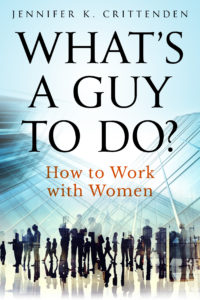

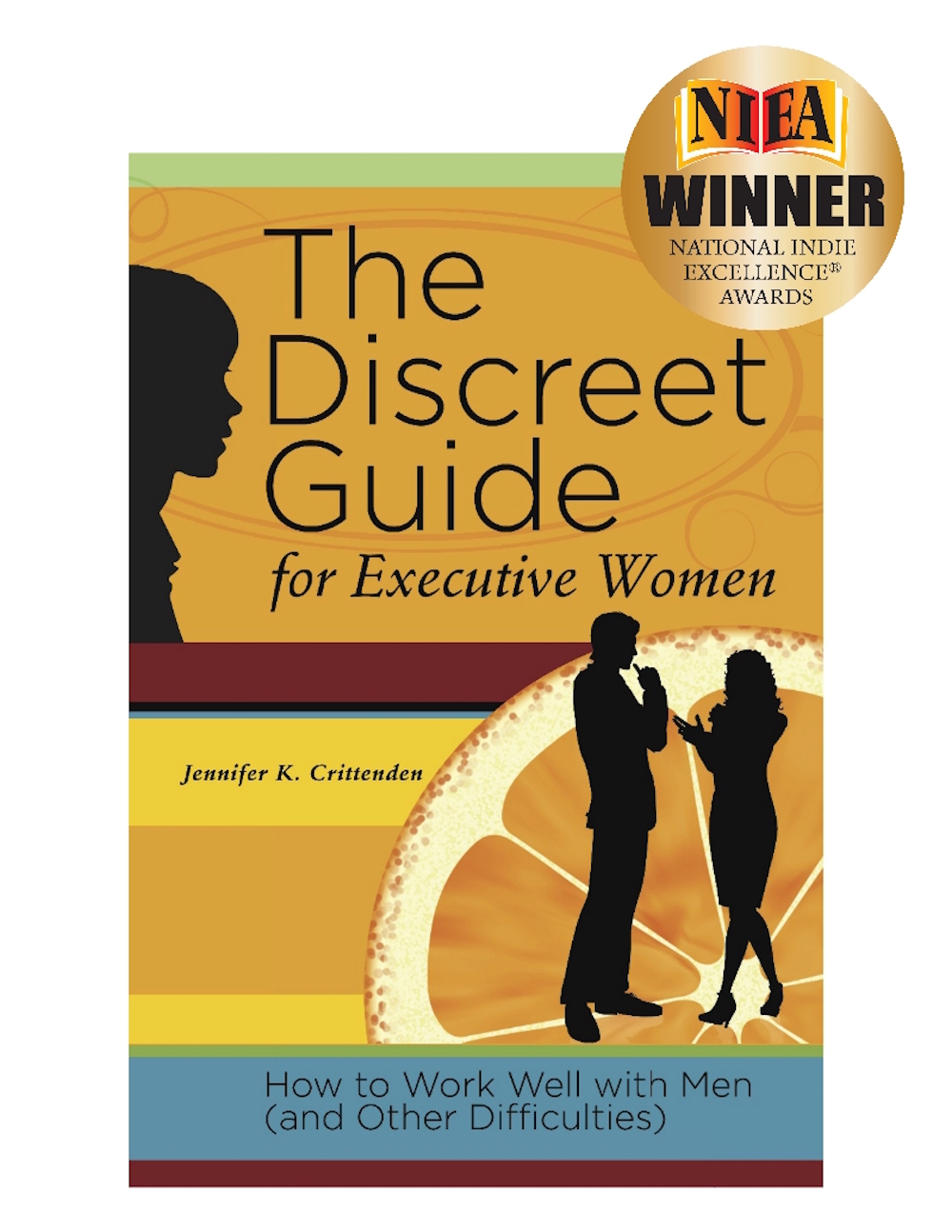
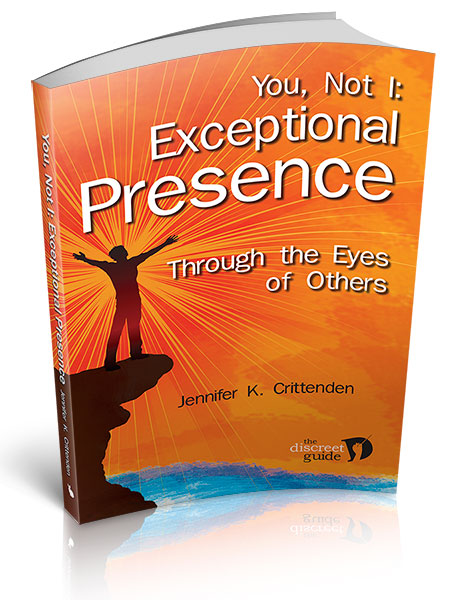
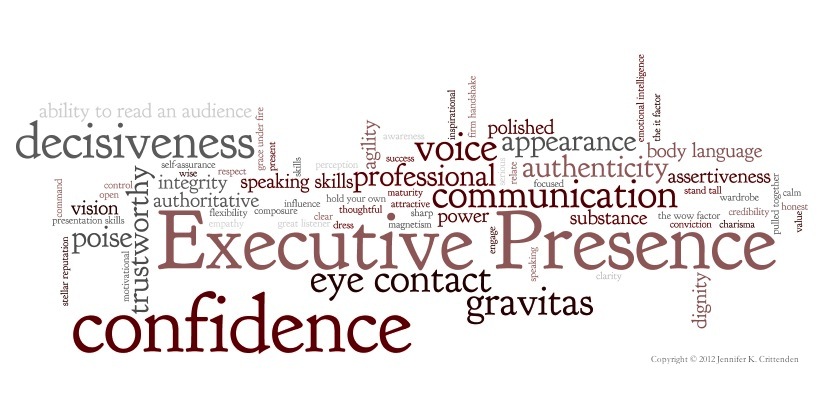 Ten 90-minute individualized sessions. Private and confidential.
Ten 90-minute individualized sessions. Private and confidential.

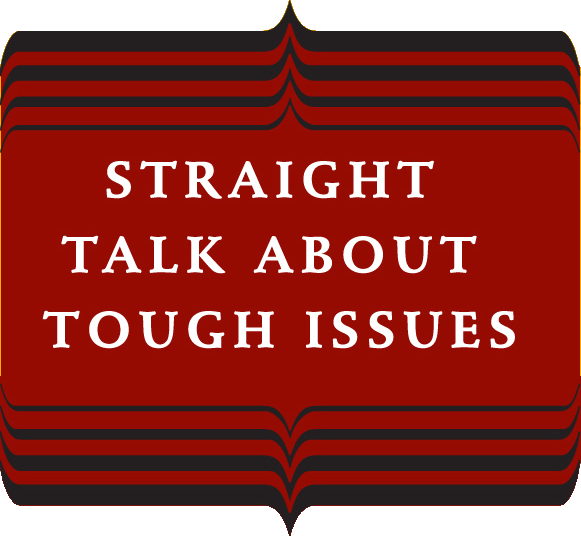
Charlotte Hamilton
/ April 8, 2018Jennifer: enjoyed this article! Thought provoking and as you as note, current as 50 years ago. I had a similar exchange in my high school years with some family friends having said, ‘I hope you women are doing well!’ To which one of them said, ‘Well, I hope we all are ladies!’ I walked away confused yet ‘Got it,’ what she was trying to say.
Being from the Midwest – though having lived lots of places – I use ‘guys’ a lot for my ‘people’ expression. Will read with interest your other offerings! Respectfully, Charlotte
jeff
/ April 8, 2018So much innuendo, right? Thanks for your comment.